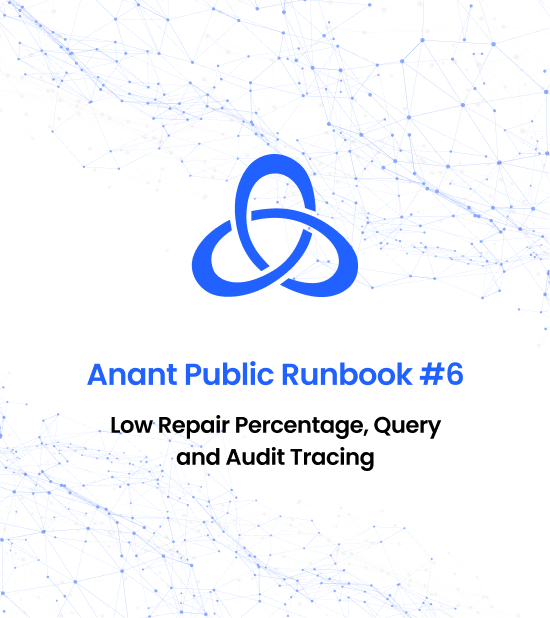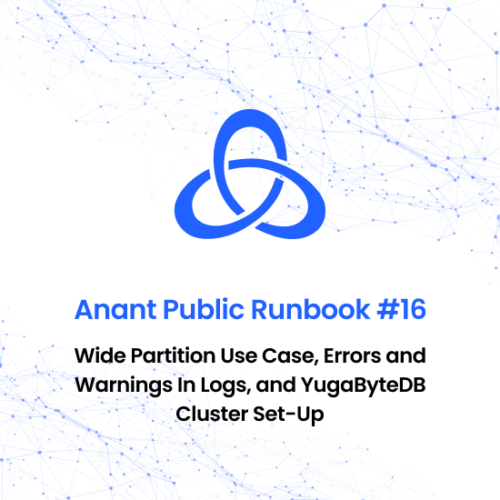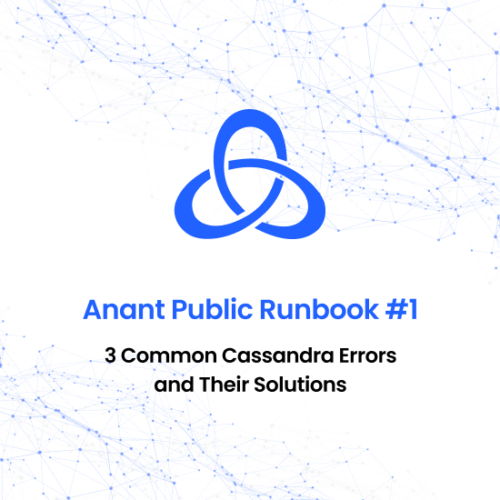Questions the Runbook Answers:
-
What is audit logging in Cassandra, and why is it important for compliance and debugging reasons?
-
How can audit logging and tracing features in Cassandra cause performance issues on the cluster, and what is the recommended solution?
-
How can administrators diagnose whether audit logging and tracing are enabled in Cassandra, and what are the methods to disable them?
-
How do you determine the time frame during which audit/tracing logs are needed by your team?
-
What are the benefits of using audit logging and tracing in Cassandra?
-
How do you troubleshoot query performance using tracing in Cassandra?
-
How do you identify slow-running queries in Cassandra and why is it important?
-
What is the recommended percentage for tracing requests in a large and active system to avoid performance impact?





Reviews
There are no reviews yet.